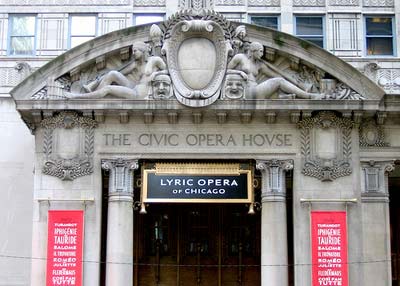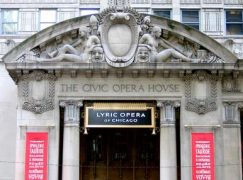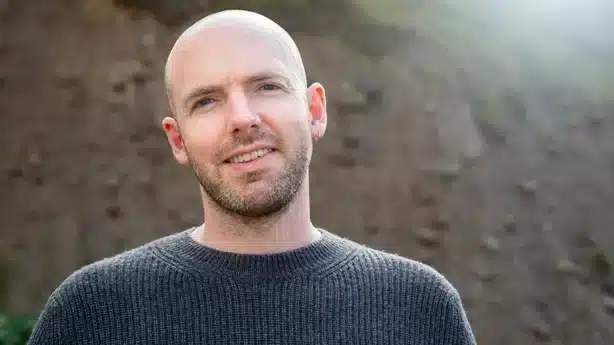A bad day to release good news
mainOver a couple of hours yesterday, the New York Philharmonic rolled out a headline-grabbing new season, Juilliard named Adam Meyer as its new Provost, the former LA Phil chief Simon Woods stepped in to rescue Grand Teton, Philadelphia gave details of Yannick’s Beethoven symphony cycle studded with four world premieres*, and Chicago’s Lyric Opera pushed out Sir Andrew Davis’s final season.
Do the PRs at these institutions never pick up a phone to each other to avoid rush-hour traffic on Slipped Disc and Michael Cooper’s desk?

*Each symphony will be paired with commissioned works by Composer-in-Residence Gabriela Lena Frank and a diverse group of composers from her Creative Academy of Music—Iman Habibi, Jessica Hunt, and Carlos Simon—who offer new pieces that challenge, inspire, and push boundaries, creating contemporary context and fresh perspectives on the relevance of Beethoven’s legacy today.






Comments